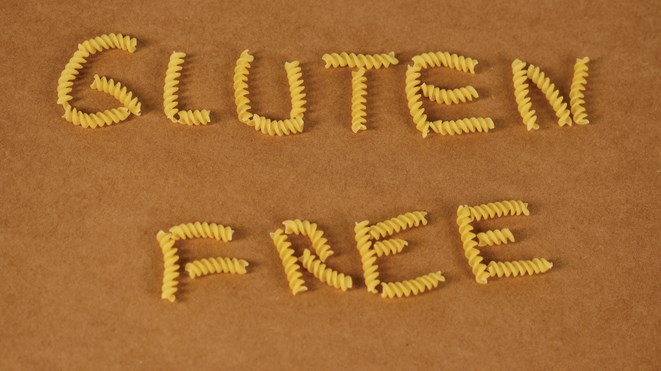By: Shaheen Jivanjee
There have been many dietary trends that gain popularity for a while and then fade away. One of the diets that has persisted and gained a significant amount of attention is the gluten-free diet.
Buzzwords such as gluten-free are now influencing consumers in their decisions on what products to buy. The gluten-free diet has also gained popularity because consumers have come to believe that this diet has a number of health benefits, from curing medical conditions to general weight loss.
With the aid of the internet and books such as the “Wheat Belly” and “Grain Brain,” gluten-free products have gained an immense amount of attention as the way to go.
Shelnutt and Colleagues (2014) looked at the beliefs of consumers about the healthfulness of the gluten-free diet. The study showed that a third of the participants believed dropping gluten is healthy and 57 per cent believed going gluten free cures medical conditions.
When it came to overall health, 31 per cent of the participants believed a gluten-free diet was the healthier option. Banking on this trend, food companies jumped onto the gluten-free bandwagon as well, capitalizing on the public’s desire to be healthy by marketing gluten-free products.
Unfortunately for believers, evidenced-based studies show gluten-free isn’t necessarily what it’s cracked up to be.
Gluten is a protein that is found in wheat, barley, rye and triticale (a combination of wheat and rye) and is restricted for those patients with celiac disease (a condition in which the small intestine is unable to tolerate gluten).
For people with celiac disease, the gluten-free diet is absolutely indicated.
The challenge arises when consumes who are not formally diagnosed with celiac disease or a non-celiac gluten sensitivity follow this diet.
One of the drawbacks of the gluten-free diet is that its perceived health benefits are solely based on ideas that are devoid of evidence-based rationale and may actually be detrimental to consumers’ health.
For example, the weight loss that occurs at the start of a gluten-free diet has more to do with the fact that when one avoids gluten, the amount of carbohydrates eaten decreases, which results in an initial weight loss. Basically, those following a gluten-free diet are also more likely to be eating healthier, turning to food groups such as lean proteins, vegetables and fruits, and avoiding processed foods — taken together, this results in some weight loss.
But Staudacher and Gibson (2012) show that there is no nutritional advantage — no nutritional advantage — to gluten-free foods compared to foods containing gluten.
In fact, reduced intake or avoidance of whole grains can lead to less fibre intake and less intake of B group vitamins, which the international public health recommendations endorse as an integral part of our diet.
As well, gluten-free products are more expensive and have limited dietary palatability due to their reduced elasticity and drier consistency compared to gluten-containing equivalents. There is also the risk of developing an eating disorder with such exclusion diets (Staudacher and Gibson, 2012).
A way to change consumers’ perceptions towards gluten is to re-visit the gluten-free labelling policy and evaluate its effectiveness.
The current policy allows only those foods that have been specifically formulated to meet the need of individuals with celiac disease to carry the gluten-free claim, provided it is done in a manner that is truthful and not misleading (Health Canada, 2012).
Unfortunately, under this regulation, foods that are naturally gluten free (such as rice, potatoes and corn) are often labelled “gluten free,” giving consumers the impression gluten-free products are somehow generally the healthier option.
Sabatier (1986) shows an effective way to evaluate a policy is to start with the policy problem and then look at the strategies available to deal with the issue. Perhaps a strategy would be to redefine the policy so that foods that are naturally gluten free should not be labelled as such. This may be beneficial in helping consumers make informed decisions.
Another way to affect change is to engage the public in the decision-making processes with regards to such policies that influence purchasing decisions.
Abelson and Francois-Pierre Gauvin (2004) state there is more demand for governments to increase accountability to their citizens with emphasis on information and power sharing. Getting consumers’ input on food-labelling strategies will increase public satisfaction and trust on health related matters.
With the exception of those who cannot process gluten, research has yet to find benefits of avoiding this protein. As mentioned, studies so far have shown no nutritional advantage of gluten-free foods over foods containing gluten.
In fact, the diet may lead to nutrition deficiencies, altered taste and eating disorders. In other words, for people without celiac disease, this may be just another fad diet.
Shaheen Jivanjee is a registered dietitian working in Greater Sudbury. Got something on your mind to share with readers in Greater Sudbury? Climb aboard our Soapbox and have your say. Send material or pitches to [email protected].
